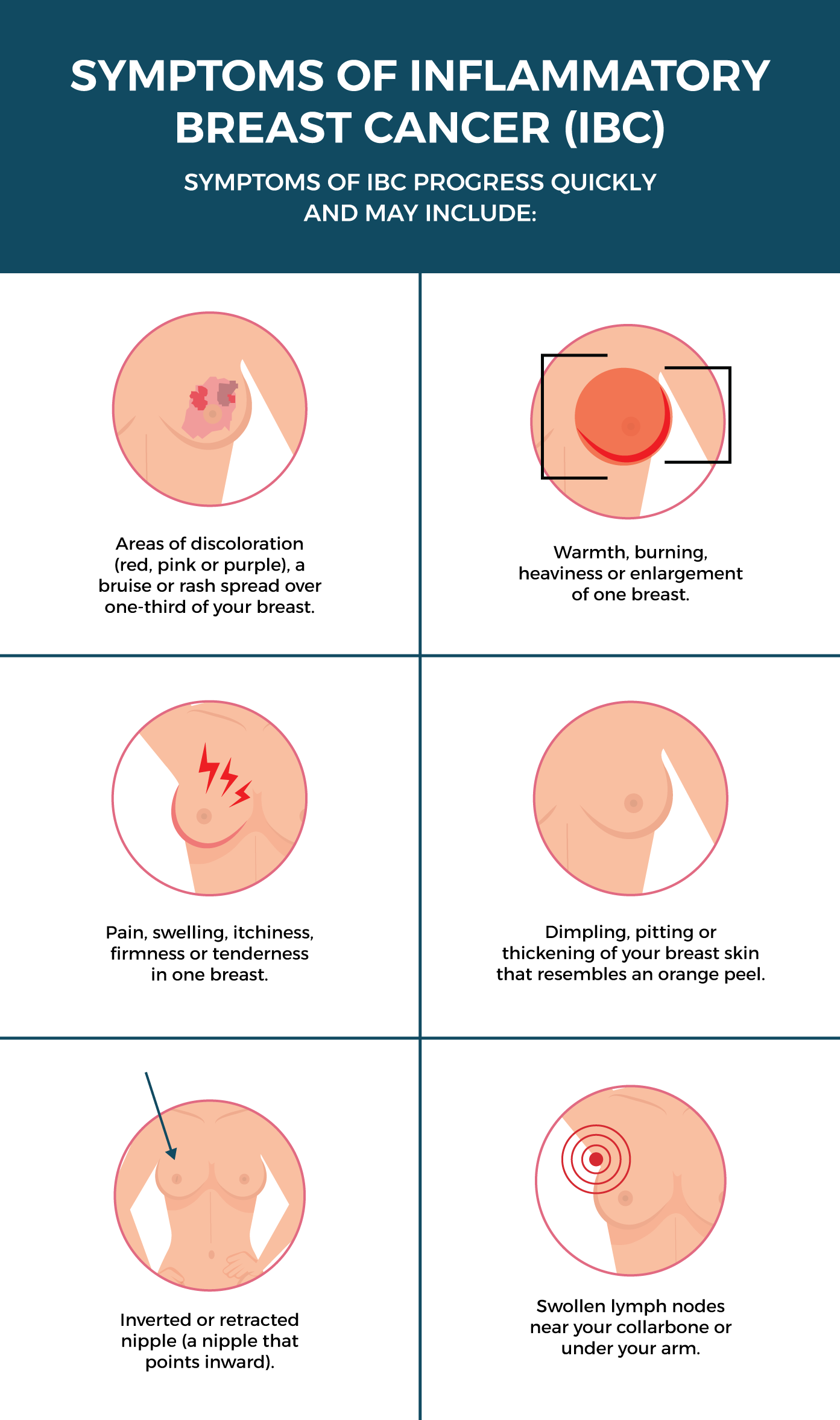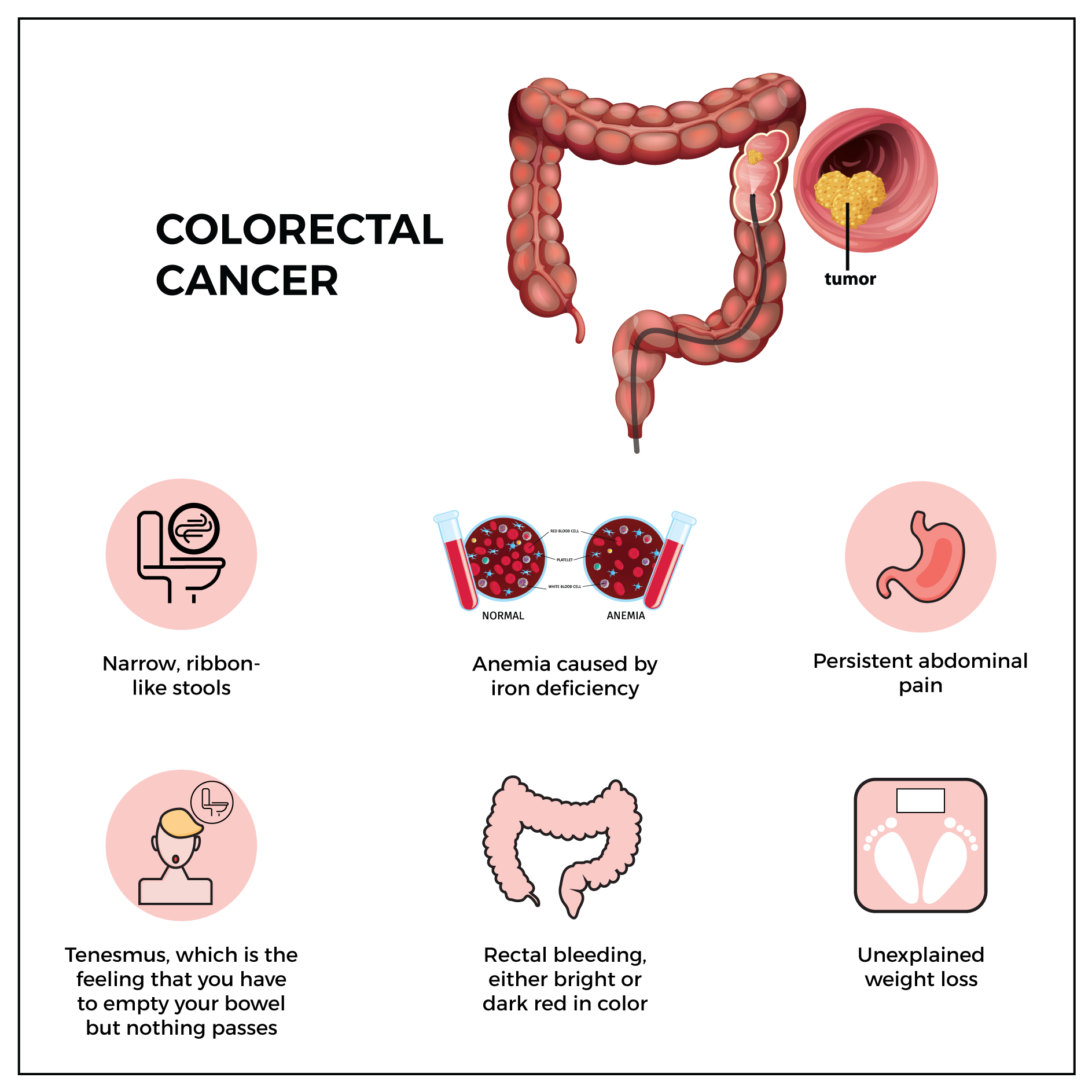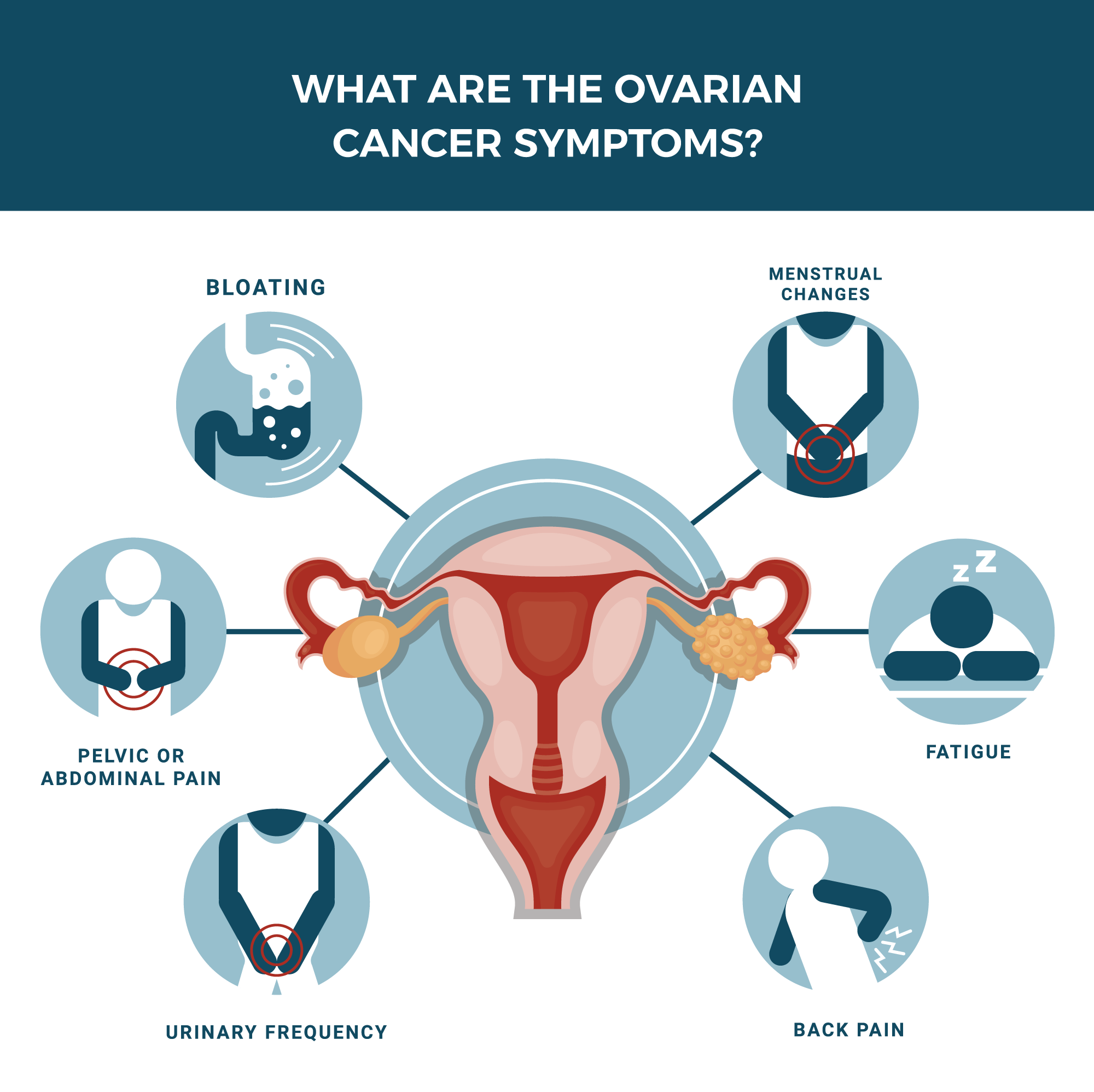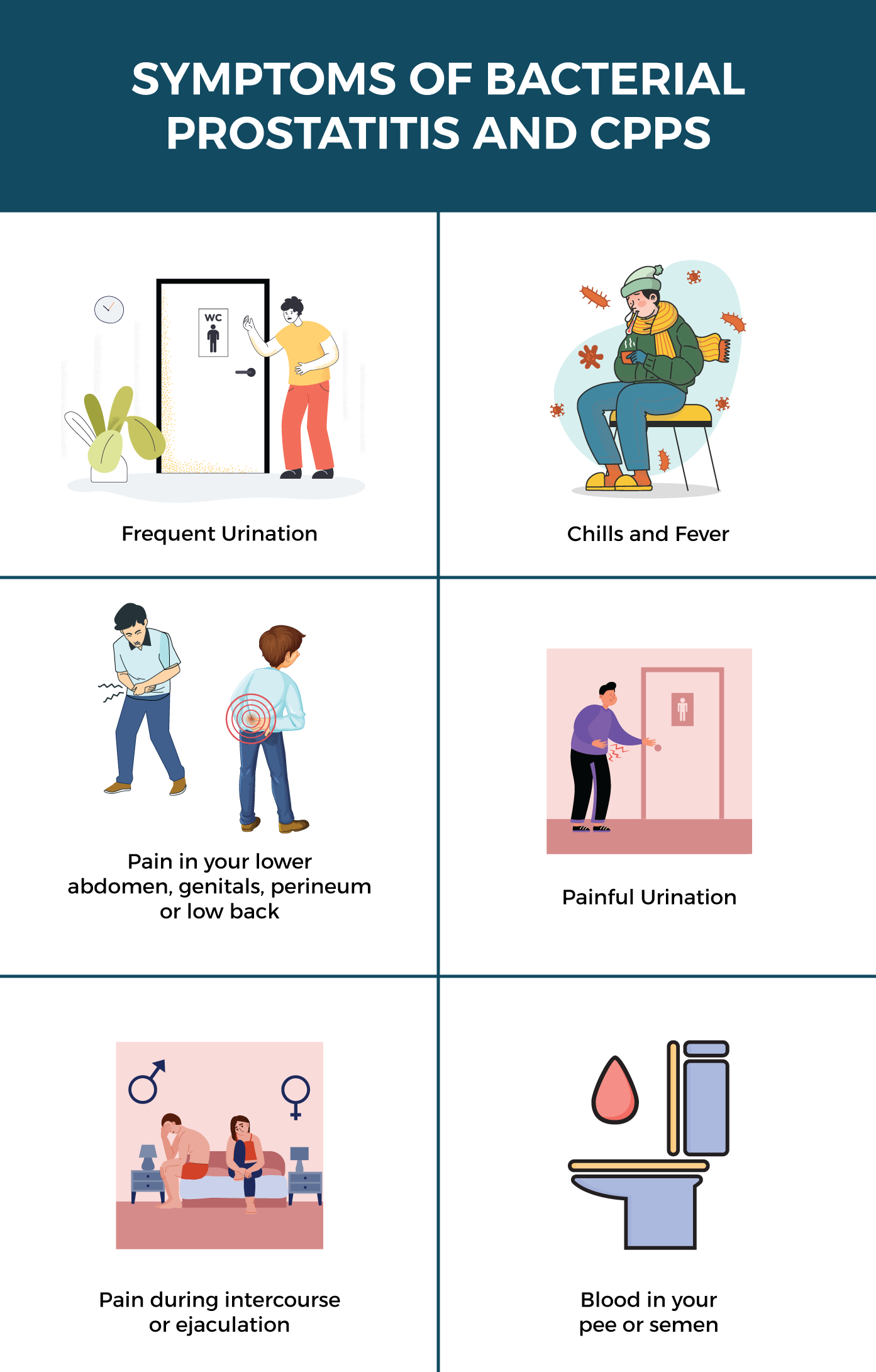Cancer
What if we told you one in nine Indians has a tendency to get a cancer diagnosis throughout their lifetime? In fact, the National Centre For Disease Informatics and Research reported an estimation of 14,61,427 Cancer incident cases in 2022, with a crude rate of 100.4 per 100,000.
With cancer being a significant health concern among Indians, knowing your chances of getting diagnosed with the disease can surely help manage potential symptoms and treatment. One way of knowing this is by understanding genetic factors that may play a role in developing certain types of cancer.
Types of Inherited Cancer
There are two types of cancer: sporadic and inherited. Inherited cancers are passed down due to mutations in DNA. While DNA-modified cancer makes up only 10-20% of all types, they are quite common in occurrences.
By analyzing your genetic patterns, Indian Heritage DNA can determine the likelihood of you or your family members being affected by certain cancers that tend to run in families. The types of cancer that can be inherited include:
How Does Genetics Play A Role In My Probability Of Getting A Cancer Diagnosis?
Cancer is not transmissible over generations, nor can the gene alterations in tumor cells be passed on. Then how can cancer be inherited?
The answer lies in whether the sperm cells or the egg from the parents have a genetic mutation. This specific genetic mutation changes how your cells multiply and grow. It raises the risk of getting cancer and may be transmitted (inherited) from the parents.
Children whose parents pass mutations of the BRCA1 (BReast CAncer gene 1) and BRCA2 (BReast CAncer gene 2) genes show a higher risk of developing breast and other types of cancers. That’s why it might seem like cancer runs in families at times.
DNA may cause up to 5%-10% of malignancies with inherited genetic abnormalities. However, a cancer-related genetic mutation is not always indicative of the development of cancer at some point in one’s lifetime. It simply indicates their affinity for developing cancer is higher than others.
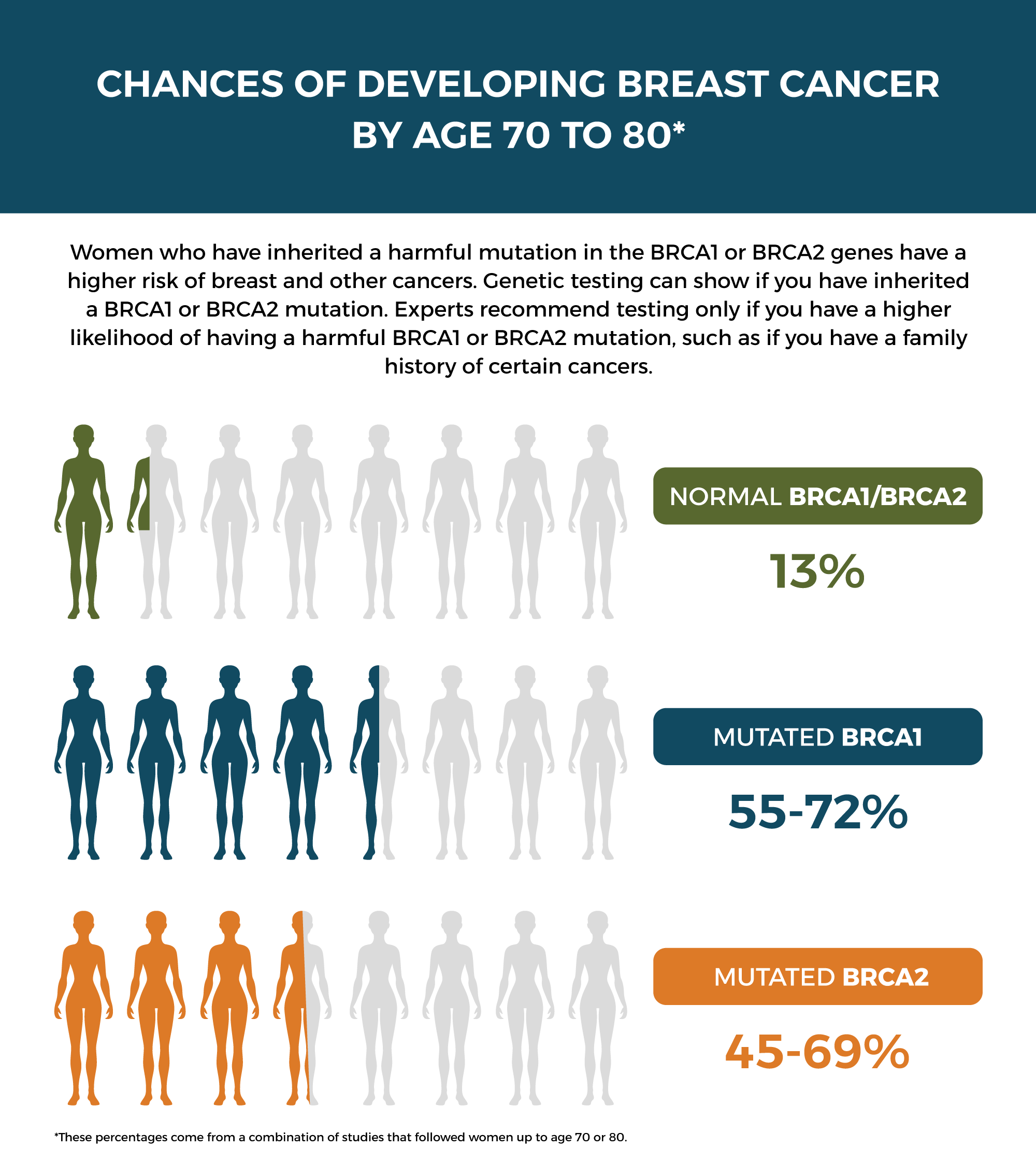
By taking a Indian Heritage DNA test, we can detect the mutations that alter your cell growth and may cause a higher risk of developing cancer.
Recognizing If You Have Cancer
The symptoms of cancer might vary depending on the type of cancer. But here are some general symptoms to look out for:
- Night fever or heavy sweats
- Random bleeding
- Random aches and pain
- Fatigue
- Unusual lumps or swelling on any part of your body
- Sudden weight loss
Remember that these symptoms could be related to some other harmless condition. However, if it is cancer, getting an early diagnosis can be extremely helpful. Do not disregard any symptoms that are out of the ordinary or persistent, and meet with a medical practitioner.
A genetic test might recognize mutations that increase affinity for cancer and other diseases. It can be useful in early intervention, management, and future planning.
If needed, the genetic insights you get from Indian Heritage DNA will allow for more personalized cancer treatment plans.
For instance, PARP (Poly (ADP-ribose) polymerase) inhibitors and other targeted treatments may help people with BRCA1 (BReast CAncer gene 1) and
BRCA2 (BReast CAncer gene 2) mutations.
Or
Your doctor can also regularly monitor and prescribe personalized preventative therapies, such as prophylactic procedures, which can lower your cancer risk and enhance your quality of life.
Fight Cancer Before It Appears
FAQ's
While most types of cancer are caused due to environmental factors, genes do play a crucial role in certain types of cancer. Some common cancers in India where genes have a prominent role are:
- Breast cancer
- Colorectal cancer
- Ovarian cancer
- Prostate cancer
Environmental factors cause the majority of cancer types. However, genes are responsible for causing about 10% of cancer, and some of these types are quite prevalent in India.
If a family member has been diagnosed with cancer, it’s a good idea to get a genetic test to check if your DNA contains a mutated cancer-risk gene. While the disease itself isn’t hereditary, you might have a predisposition to cancer if the mutated gene has been passed on from your parents.
If your family has a history of certain commonly inherited types of cancer, it's best to get your genetic test early and regularly. In case of a genetic mutation, insights from these tests can help personalize your cancer treatment plans. Your doctor can prescribe specific medicines and surgeries to minimize your cancer risks. Make sure to stay away from cancer-causing habits, such as tobacco and alcohol use, processed food consumption, etc.


